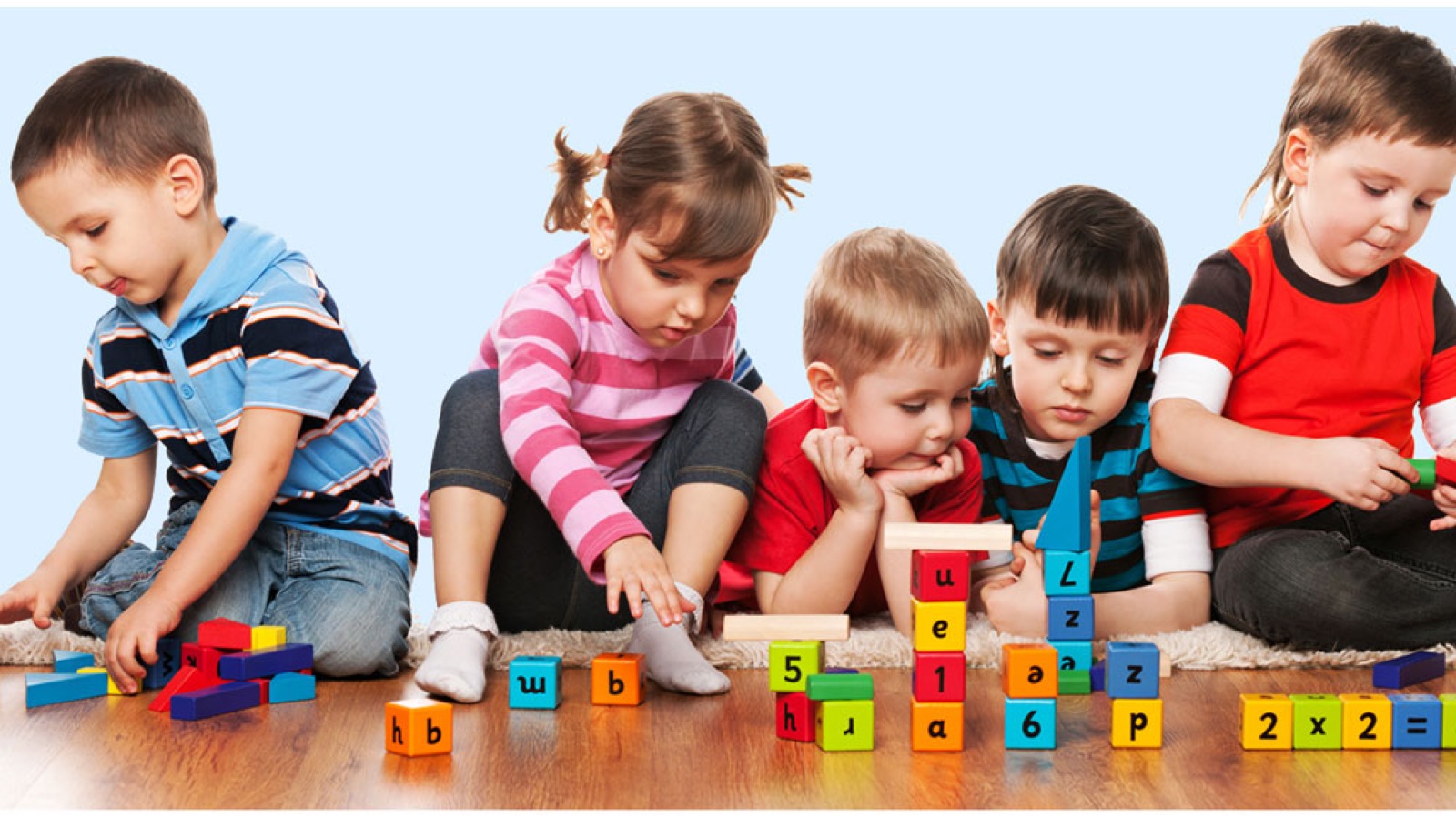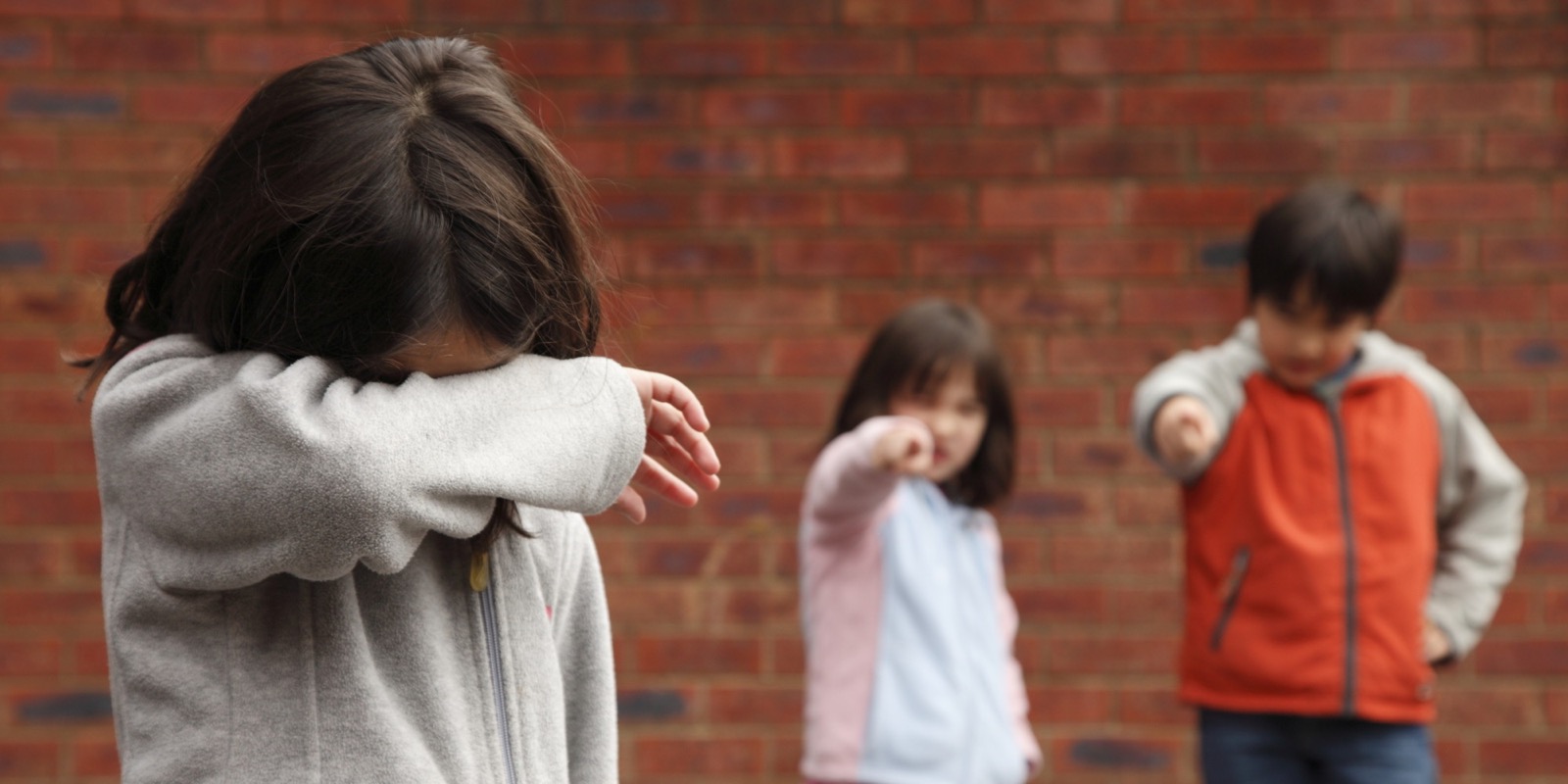Parents should help their children understand the value of excellent dental hygiene from a young age. The sooner they learn how to brush and floss properly, the greater their chances of avoiding cavities, gingivitis, and other dental and gum problems.
In addition to everyday brushing and flossing, children should see a pediatric dentist for frequent checks, which can help prevent oral problems before they arise. Although the baby’s teeth will fall out in a few years, but they provide a space for your child's permanent teeth, and it is critical that your child's mouth is healthy when those permanent teeth arrive. In that sense, starting with the first tooth that emerges in your baby's mouth, oral health should be prioritized.
Teaching your children, the following oral health behaviors can help them maintain good dental hygiene for the rest of their lives.
Also Read: Homeschooling: After All, It's Your Child Future
Teaching Good Dental Habits
As the saying goes, “You are your Habits.”
Teaching your child healthy dental practices and making them habitual about it is the most effective method to safeguard their teeth. It may be that they may be a willing participant, but they may lack the control and focus required to brush their teeth independently.
For that matter, being a parent you'll have to keep a watch on them and help them brush away all of the plaques, which are mushy.
By the way, plaque is a tacky, germs -filled film that forms on the tooth and causes tooth decay. Also look for brown or white blotches, which might signal early deterioration.
Also Read: The Up-Stream Mentality!
Brushing and Flossing
Brushing and flossing are both important for good dental health, and you're the ideal role model for your kids. Children usually follow their parents/ or elders of the house, so make sure you walk the talk. Floss and clean their teeth on a routine basis, and as long as your kids are grown enough, teach them not to consume toothpaste.
Non-fluoride toothpaste in a colour-full hue that can be purchased to teach children to brush thoroughly and frequently. When your children's teeth start to touch, teach them to clean between them once each day.
Besides, your child's oral care should begin when he or she is a baby. Begin using a softer child-size toothbrush at the age of one or two. At least twice a day, you should clean your kid's teeth with water. Also do not undermine the power of oral cleaniness, as it really gives a boost to self-esteem.
Also Read: Building Self-Esteem: Advices and Methods!
Amount of Toothpaste and Brushing Motion
You can use a pea-sized quantity of fluoride toothpaste to help stop concavity, beginning at the age of 3. Try a different flavour of toothpaste if your kid doesn't like the taste. Although even if they are generally too little to understand to wash and spew at this age, try teaching your kid not to eat it.
Too much fluoride toothpaste in your child's mouth might cause white or brown spots on their adult teeth. Many people disagree on whether the best brushing motion is up and down, backward and forward, or circular. The fact is that it doesn't matter whatever path you take.
One of the most essential things is to cleanse each tooth thoroughly from the bottom-up, inside and out. When he is between the ages of 6 and 8, a child is unable to wash his tooth without assistance. So make sure to keep an eye on things or do the brushing yourself if necessary.
Use Stories, Read Books to Teach Them About Oral Hygiene
If your children want to learn more about why oral hygiene is so important, there are various children's books that promote good oral hygiene habits.
You might also show your youngster a pleasant dental hygiene video.
Youngsters’ stories and movies are excellent for teaching children how to care for their teeth and making oral health something that they can connect to.
Pick up some books about dental care and good oral health from your local library. This is a fantastic method for educating kids about oral care.
After all, it's a lot easier to learn dental care when it's a process that you can relate to.
Also Read: How to Know What your Child is Capable of!
Encourage Healthy Food Choices
Sugary treats such as chocolate, candy, and ice cream can cause serious dental health problems in both kids and adults. Sugar is the primary cause of a variety of oral health problems, including tooth decay. If left untreated, this can lead to cavities, which in severe circumstances may need a tooth extraction.
Parents who limit sugary foods are more likely to teach healthy eating habits to their children from an early age. As a result, the risk of cavities and decay as well as other long-term dental disorders is reduced. Kids who consume a lot of sweetened meals and liquid refreshments are possible to improve cavities.
Making healthy dietary choices is critical. Sugar should be used in limit. Allowing your kid to consume a lot of soda, fruit juice, or sugary drinks is not a good idea. If your kid consumes sugar, encourage him or her to brush their teeth afterwards
Also Read: Healthy Diet! Healthy Grades!
Take Them to Dentist Leastways Per Annum
Regular dental examinations can help youngsters maintain great dental hygiene. They must have many procedures once kids hit the age of 2. This could include removing tartar and plaque buildup. Cavities can result if these are avoided.
Visiting the dentist can also assist you in better understanding and maintaining knowledge of your child's dental health. Endodontist appointments are also a crucial part to prevent youngsters' tooth strong. Every six months, take your child to the dentist to keep his or her smile bright and healthy.
The dentist will check to see if all of the baby teeth are developing normally and if kids have any dental concerns, alongside providing them with more dental care recommendations.
Conclusion
To sum it up, training children and inspiring parents and caregivers to care for their children's oral health pay off handsomely in terms of reduced dental discomfort, improved dental health, optimal tooth function, and lower dental costs. Furthermore, proper dental health benefits children's academic and social development. These advantages underscore the need of introducing and utilize dental preventive care in early childhood. Hence, we as Parhai Likhai give great importance to children oral hygiene.
Want to read more? Check Out our full range of blogs! Read more article @ Parhai Likhai
Need a TUTOR? click here to start your search.
Contact us at info@parhailikhai.com or 0332-2007633















